Three golden segmentation points in the profit structure of equipment import agencies
This article deeply analyzes the profit formation mechanism of the import equipment agency industry, revealing the reasonable profit margin of 10%-25% for agency service providers through three dimensions: equipment type differences, trade term selection, and service portfolio optimization, combined with the latest tariff policies for 2025 and actual cases.
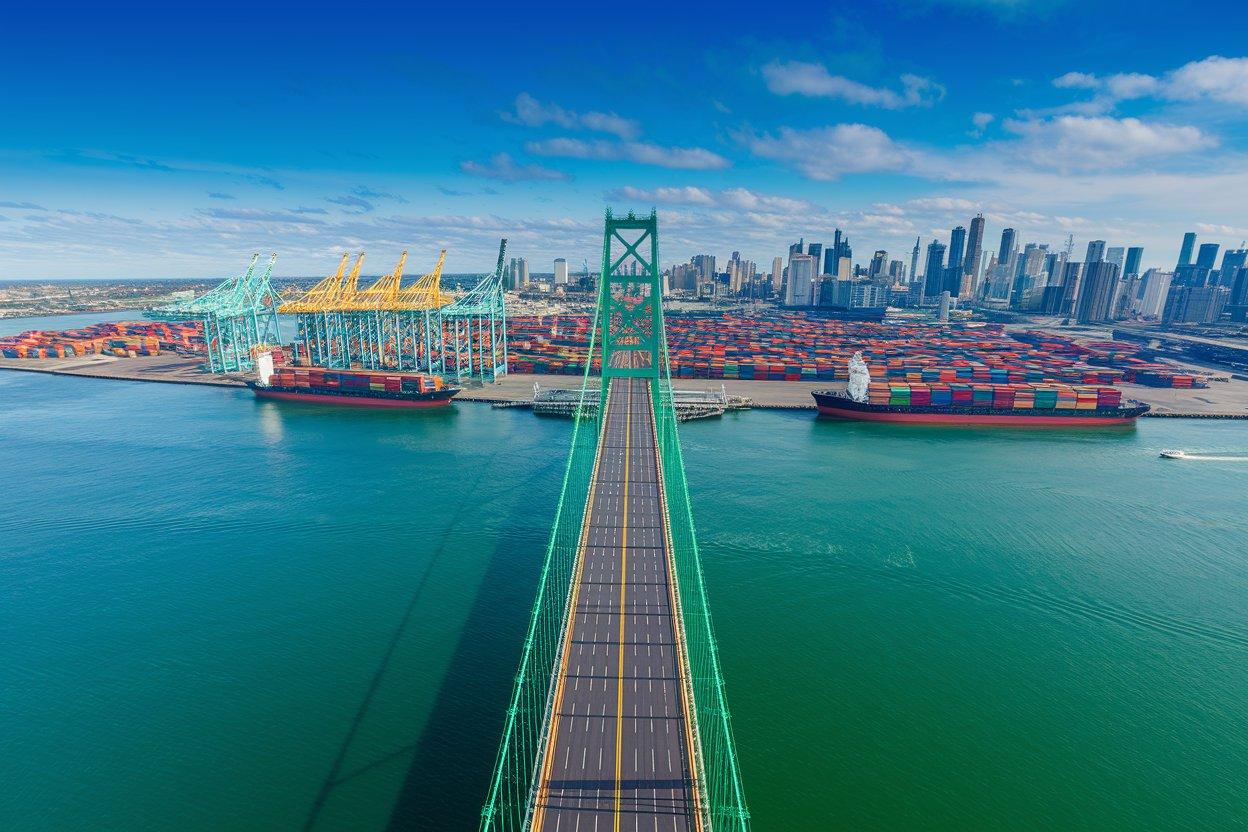
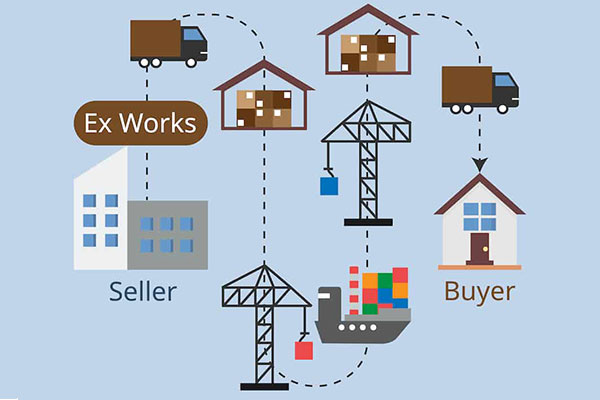
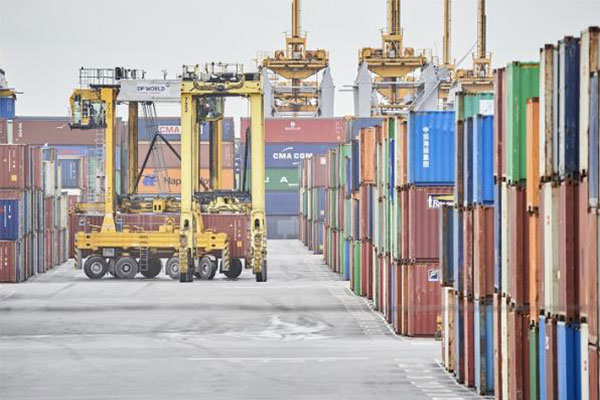
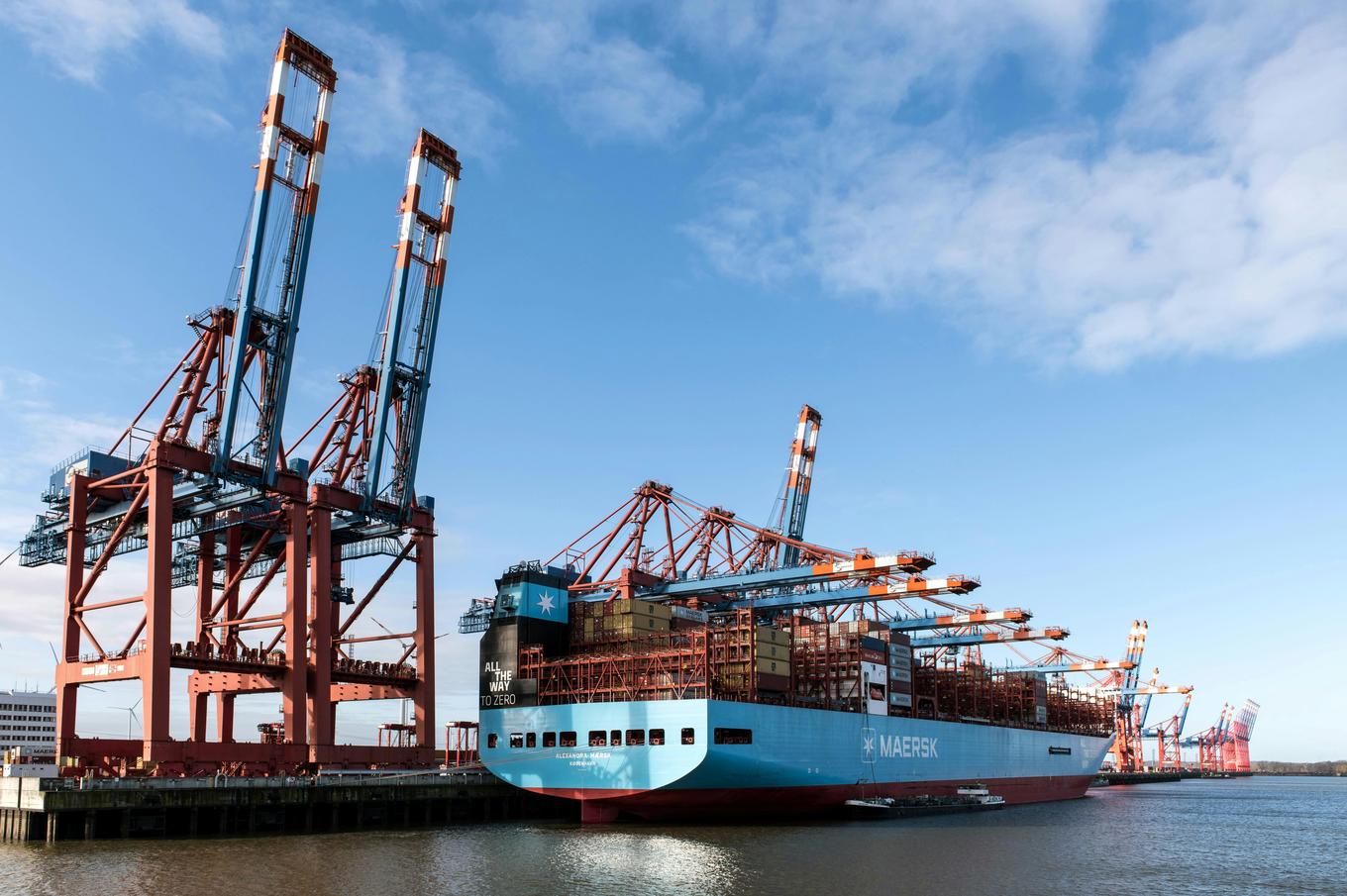
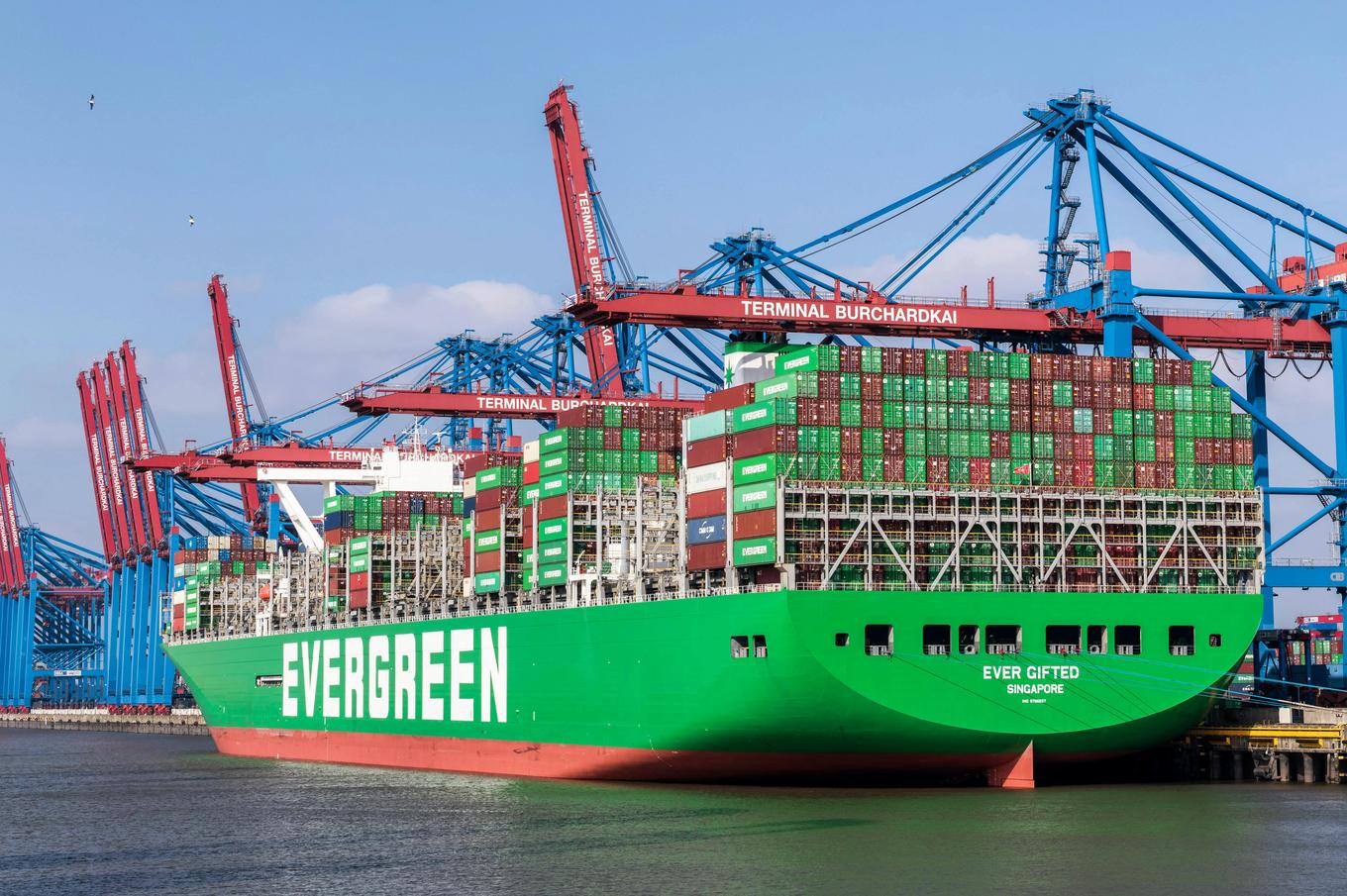
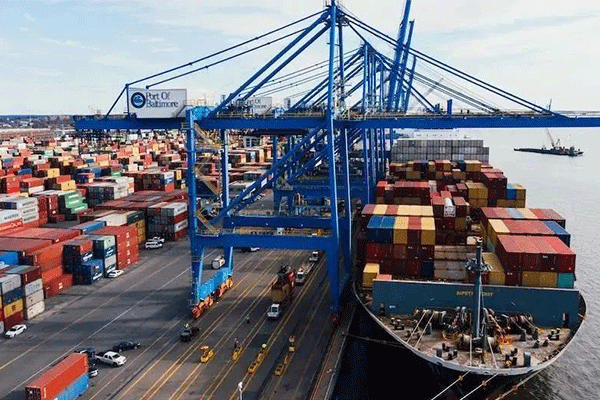
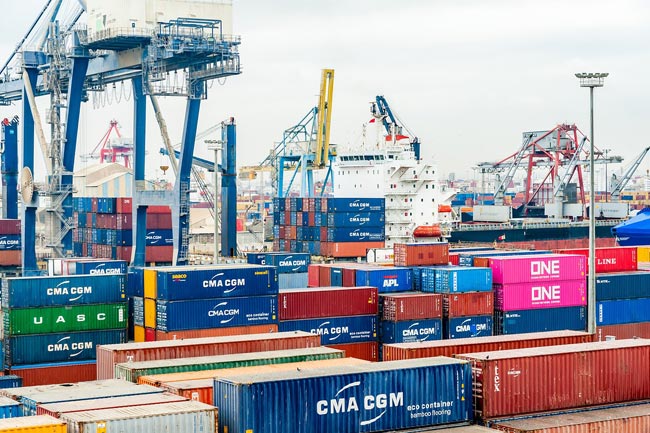
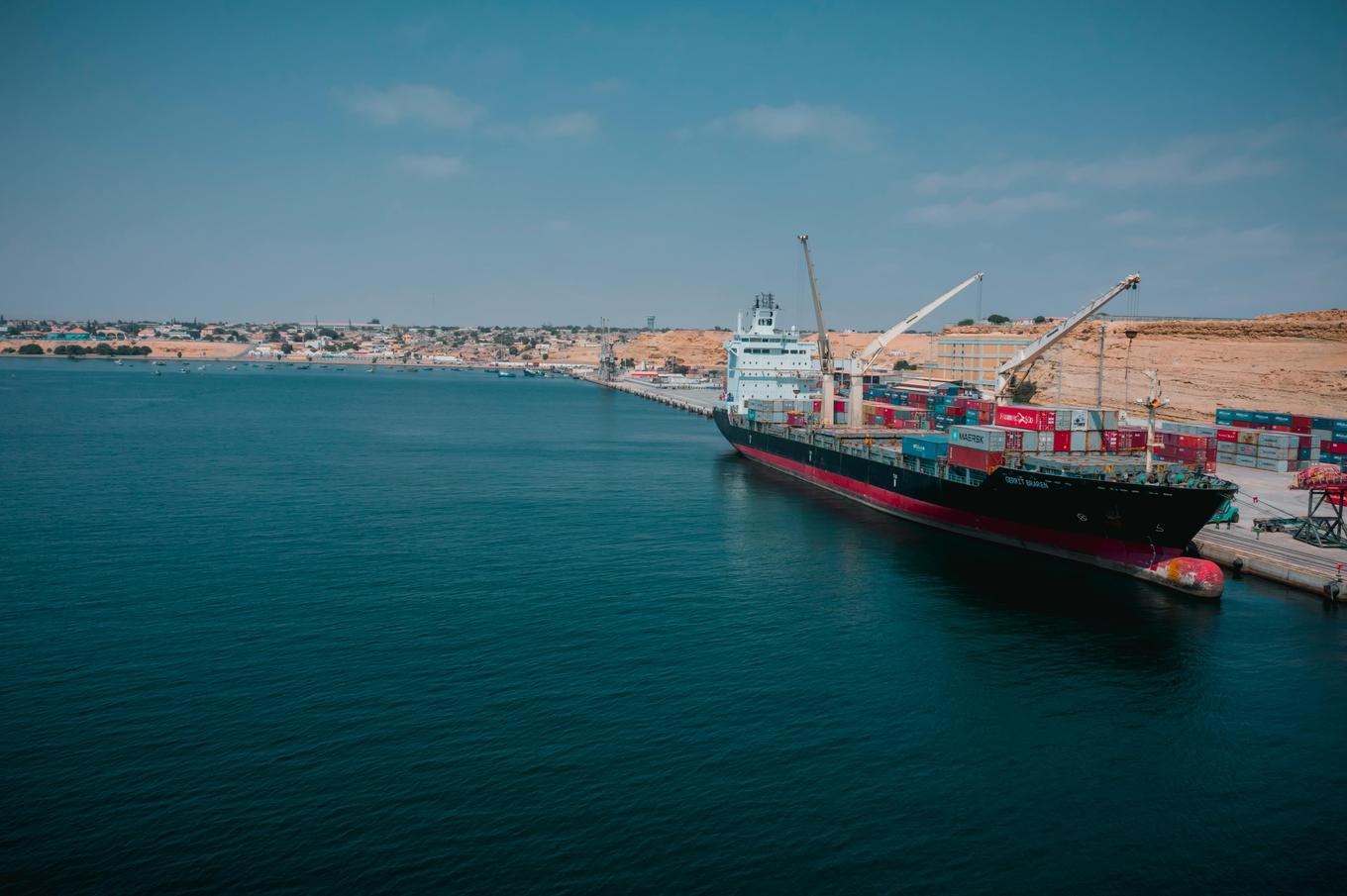
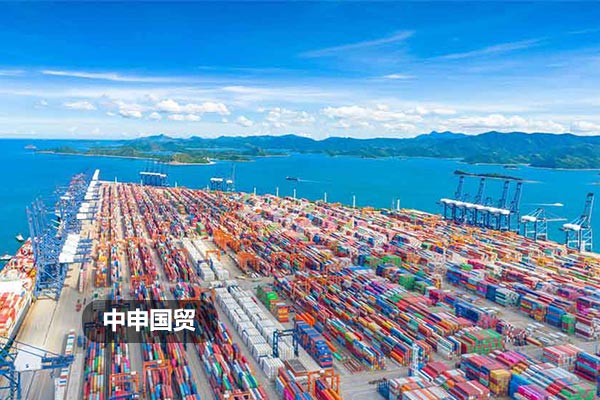

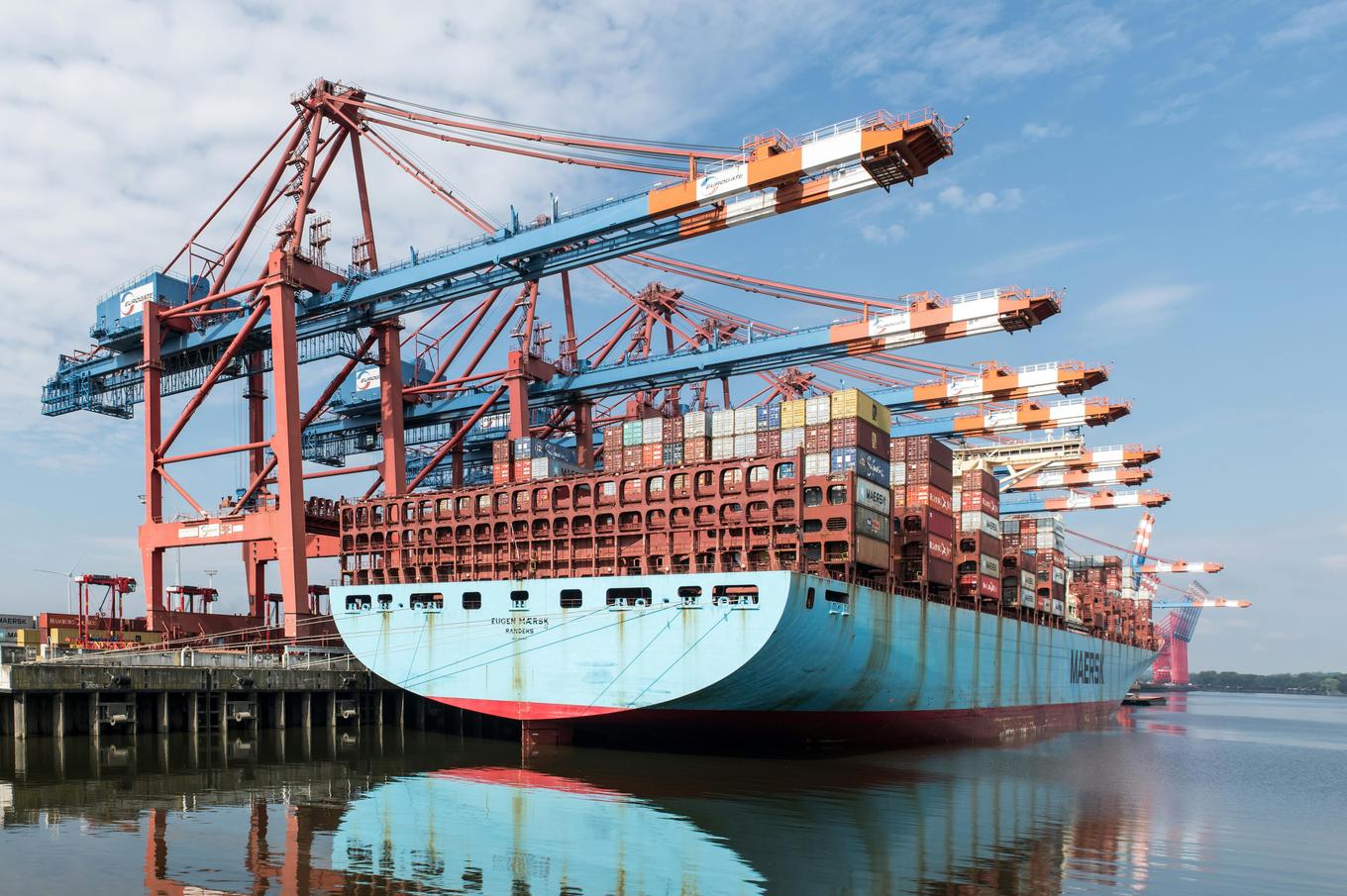
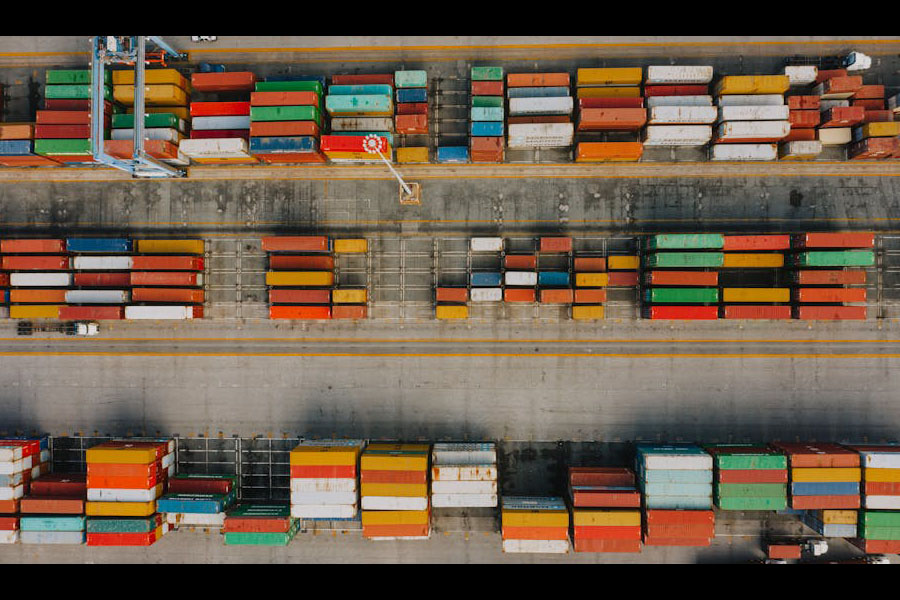
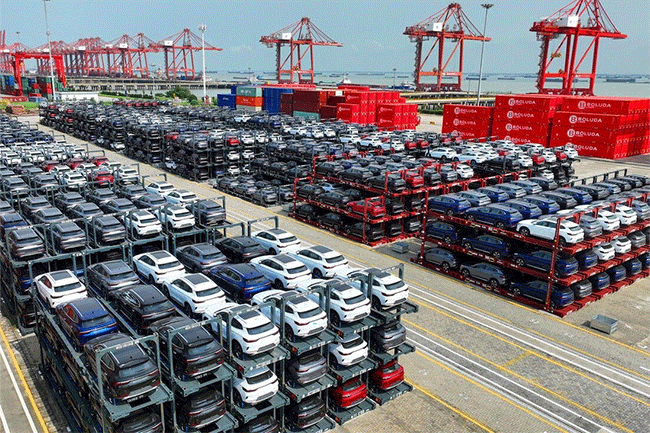
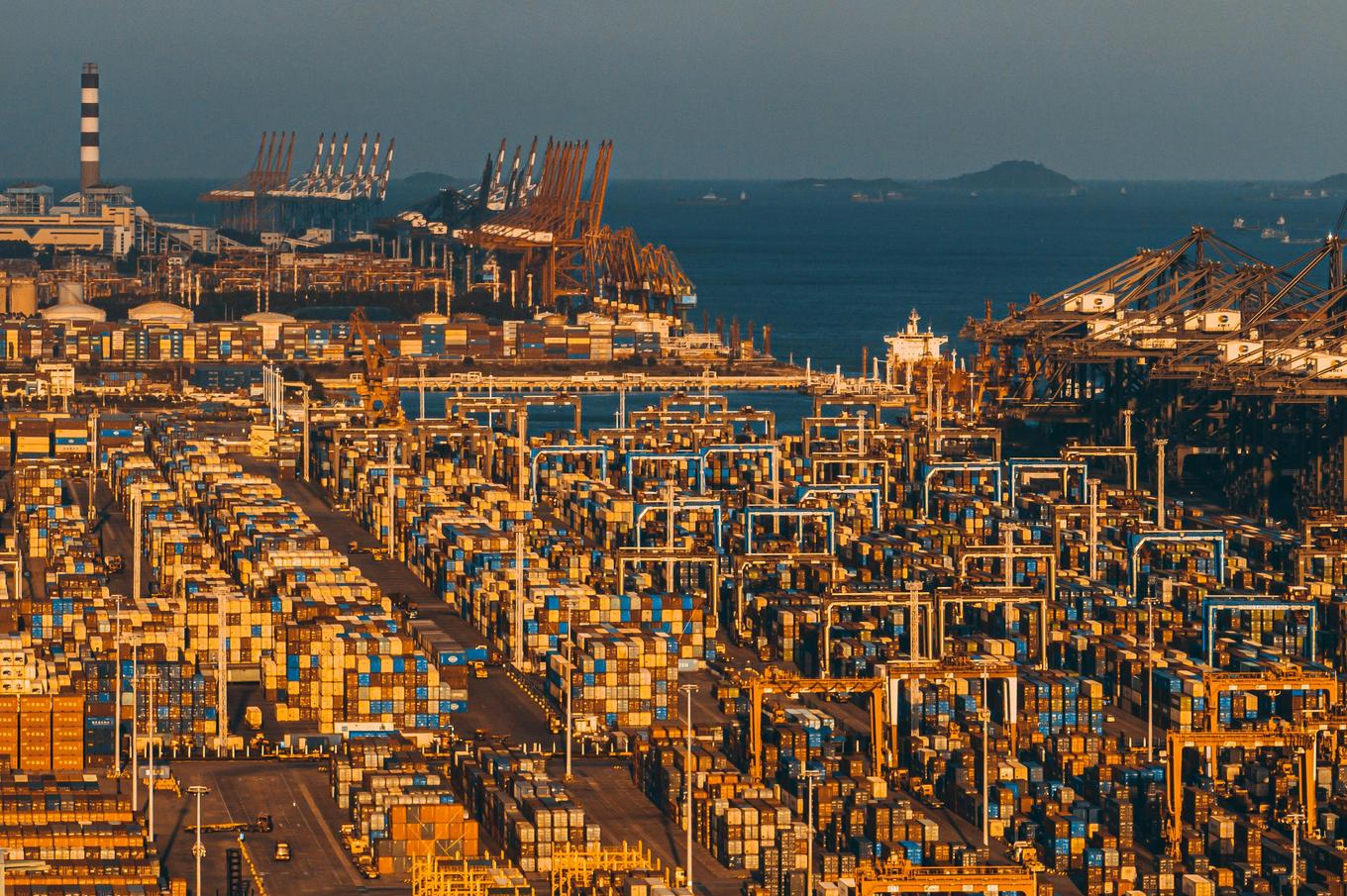

 PSB Record: Shanghai No.31011502009912
PSB Record: Shanghai No.31011502009912



